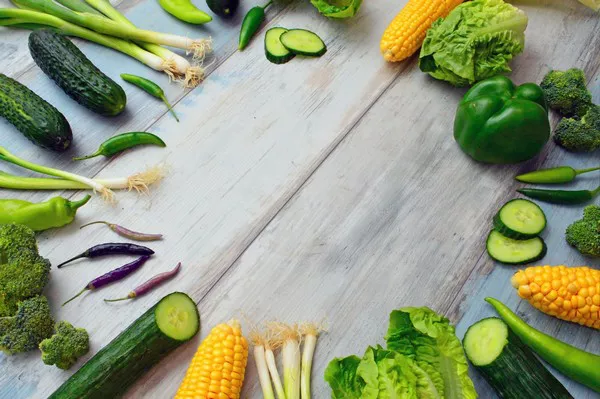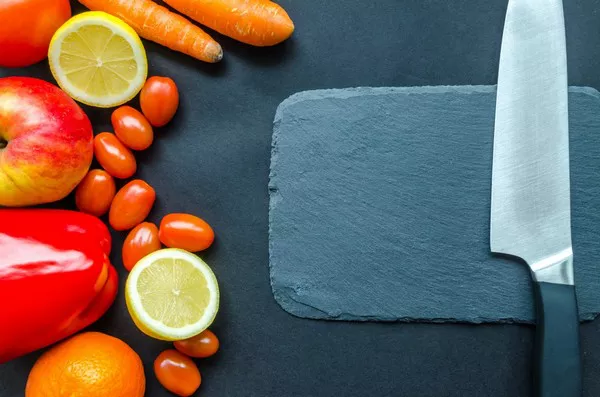Protein is an essential macronutrient that plays a crucial role in maintaining and repairing tissues, producing enzymes and hormones, and supporting overall health and wellbeing. Including sufficient protein in your diet is essential, especially for individuals looking to build muscle, recover from intense physical activity, or maintain a healthy weight. This article serves as the ultimate guide, providing a comprehensive list of foods that are high in protein.
1. Lean Meats and Poultry
Lean meats and poultry are excellent sources of high-quality protein. They are low in fat and provide essential amino acids necessary for muscle growth and repair. Chicken breast, turkey breast, lean beef, and pork tenderloin are great options. Remember to choose lean cuts and remove visible fat before cooking.
For example, chicken and turkey breast are lean cuts of meat that are highly regarded for their high protein content and low fat content. They are versatile and can be grilled, baked, or sautéed to create delicious and protein-packed meals. A 3-ounce serving of cooked chicken or turkey breast provides around 25 grams of protein.
Another choice, pork tenderloin, is a lean cut of pork that is low in fat and high in protein. It is a versatile meat that can be roasted, grilled, or stir-fried. A 3-ounce serving of cooked pork tenderloin contains approximately 22 grams of protein.
Bison, also known as buffalo meat, is a lean and flavorful alternative to beef. It offers a substantial amount of protein while being lower in fat and calories compared to traditional beef. A 3-ounce serving of cooked bison provides approximately 24 grams of protein.
2. Fish and Seafood
Fish and seafood are not only rich in protein but also provide omega-3 fatty acids, which have numerous health benefits. Fatty fish like salmon, tuna, trout, and sardines are especially high in protein and omega-3s. Additionally, shrimp, mussels, and other shellfish are excellent sources of protein.
3. Eggs
Eggs are a nutritional powerhouse, containing all the essential amino acids required by the body. They are versatile and can be cooked in various ways. One large egg typically contains around 6 grams of protein, making them an easy and affordable protein source.
4. Dairy Products
Dairy products such as milk, yogurt, and cheese are excellent sources of protein, as well as calcium and other essential nutrients. Greek yogurt, in particular, stands out as it contains more protein than regular yogurt. Cottage cheese is another protein-rich option, providing approximately 25 grams of protein per cup.
Cottage cheese is a type of cheese known for its mild flavor and creamy texture. It is an excellent source of protein, with half a cup containing about 14 grams of protein. Cottage cheese can be enjoyed on its own, mixed with fruits or vegetables, or used as a topping for salads.
5. Legumes
Legumes, including beans, lentils, and chickpeas, are plant-based protein sources that are also high in fiber. They offer a good alternative for individuals following a vegetarian or vegan diet. Black beans, kidney beans, and lentils are great choices, as they contain about 15 grams of protein per cooked cup.
For example, edamame, which are young soybeans, are a popular and nutritious snack. They are rich in protein, fiber, and various vitamins and minerals. Half a cup of cooked edamame provides approximately 9 grams of protein, making it an excellent plant-based protein source.
Another example is lentils, are a type of legume that come in various colors, including green, brown, and red. They are an excellent source of plant-based protein, fiber, and iron. One cup of cooked lentils contains approximately 18 grams of protein, making them a nutritious addition to soups, stews, and salads.
6. Nuts and Seeds
Nuts and seeds not only provide healthy fats but also offer a decent amount of protein. Almonds, peanuts, cashews, and chia seeds are good options. Including a handful of nuts or seeds in your diet can help increase protein intake and provide other essential nutrients like vitamin E and magnesium.
Hemp seeds are tiny seeds derived from the Cannabis sativa plant. They are highly nutritious and packed with protein, healthy fats, and essential minerals. Three tablespoons of hemp seeds provide around 10 grams of protein, making them an excellent choice for vegetarians and vegans.
7. Tofu and Tempeh
Tofu and tempeh are plant-based protein sources made from soybeans. They are widely used in vegetarian and vegan diets as meat substitutes. Tofu is a versatile ingredient that can be cooked in various ways, while tempeh has a nutty flavor and firm texture. Both provide around 15-20 grams of protein per 3.5 ounces (100 grams).
8. Quinoa
Quinoa is a unique grain that is a complete protein source, meaning it contains all the essential amino acids. It is also gluten-free and rich in fiber and minerals. With approximately 8 grams of protein per cooked cup, quinoa makes an excellent addition to salads, side dishes, or even as a standalone meal.
9. Greek Yogurt
Greek yogurt, as mentioned earlier, deserves a special mention. It is strained to remove most of the whey, resulting in a thicker and creamier texture compared to regular yogurt. This process also increases the protein content, with a typical serving providing around 17-20 grams of protein. Greek yogurt can be enjoyed on its own or used in smoothies, dressings, and baking.
Greek yogurt parfait is a delicious and protein-rich snack or breakfast option. Layer Greek yogurt with fresh fruits, nuts, and seeds for added flavor and nutritional benefits. This combination offers a balanced mix of protein, healthy fats, and carbohydrates, making it a satisfying and nutritious choice.
10. Protein Supplements
While whole foods should be the primary source of protein, protein supplements can be a convenient option, especially for athletes or individuals with increased protein requirements. Protein powders, such as whey, casein, or plant-based options like pea or soy protein, can be easily added to smoothies or shakes.
Whey protein is a popular protein supplement derived from milk. It is highly regarded for its high protein content and rapid absorption rate. Whey protein powder can be easily mixed with water or added to smoothies to boost protein intake. Depending on the brand and serving size, whey protein powders can provide 20 to 30 grams of protein per scoop.
Conclusion
Protein is a vital nutrient that plays a crucial role in various bodily functions. Incorporating a variety of high-protein foods into your diet ensures that you meet your daily protein needs. Lean meats, poultry, fish, eggs, dairy products, legumes, nuts, seeds, tofu, tempeh, quinoa, edamame, chicken and turkey breast, bison, cottage cheese, seitan, pork tenderloin, whey protein, lentils, hemp seeds, and Greek yogurt parfaits are all excellent sources of protein to consider including in your meals and snacks. Remember to balance your protein intake with other macronutrients and consult with a healthcare professional or registered dietitian to tailor your diet to your specific needs and goals. With a well-rounded and protein-rich diet, you can optimize your nutrition and support your overall health and wellness.
[inline_related_posts title=”Related Topics” title_align=”left” style=”list” number=”3″ align=”none” ids=”668,665,662″ by=”categories” orderby=”rand” order=”DESC” hide_thumb=”no” thumb_right=”no” views=”no” date=”yes” grid_columns=”1″ post_type=”” tax=””]


































